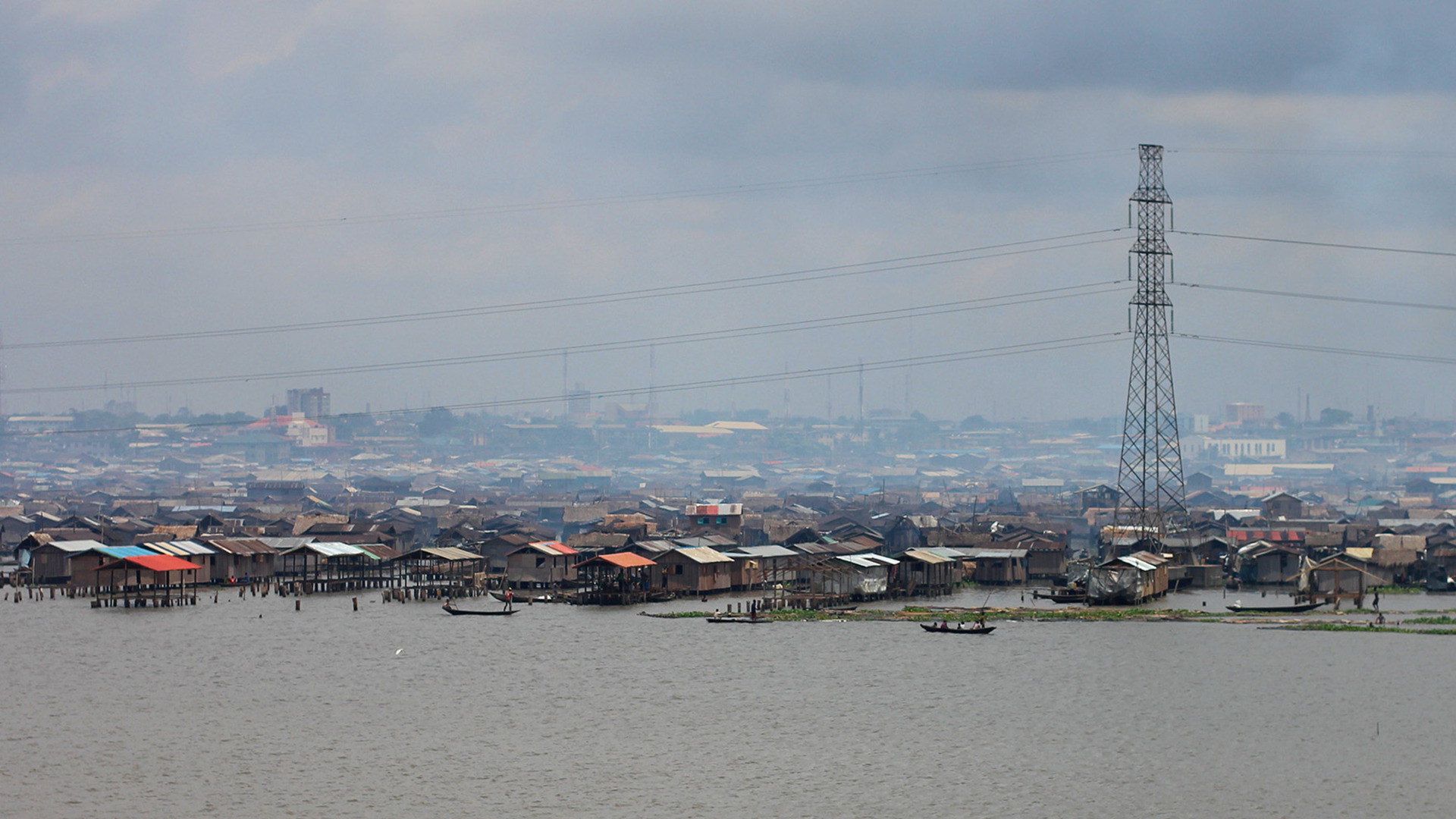
Resilience building through multi-stakeholder engagement in anticipatory action for climate-induced disaster (REBUMAA)
Introduction
Forecast-based financing (FbF) aims to enable access to humanitarian funding for early action based on in-depth forecast information and risk analysis. Initial studies have found that it can be cost-effective compared to traditional emergency response measures and significantly increases communities’ resilience to climate change-induced disasters. Knowledge gaps in how to manage, coordinate and implement anticipatory action effectively across distinct levels of involved stakeholders have surfaced. This project will address these gaps to inform and improve future forecast-based financing.
The intended users of this research include stakeholders in Nigeria, Benin and Togo who are involved in implementing an early-action protocol, including national governments, regional and local governments, the International Federation of Red Cross and Red Crescent Societies, village leaders and community members, with an emphasis on the inclusion of women. The project will develop and test early-action protocols to respond to the risk of flooding, assess their effectiveness and generate recommendations.
Context
Operationalizing FbF requires forecasting capabilities to anticipate when and where a disaster is likely to happen, defining trigger levels that activate early action and the crafting of Early Action Protocols (EAPs) to follow once a threshold is reached. Initial studies have found that FbF is cost-effective compared to traditional emergency response measures and significantly increases their resilience to climate change induced disasters. In 2018, the IFRC launched the Forecast Based Action by Disaster Relief Emergency Funds, a dedicated mechanism that allows National Red Cross Societies all over the world to take early action before disaster strikes. Through their experience with this mechanism, it has become clear that there are knowledge gaps in how to manage, coordinate and implement anticipatory action effectively across distinct levels of the involved stakeholders. One key challenge is that stakeholders differ in their interpretation of anticipatory action, the urgency to act and ideas of how it should be implemented. The research questions for this project were selected to close these knowledge gaps and improve the effectiveness of Forecast-based Financing.
Approach and Methods
Developing EAPs will be informed by interviews and focus group discussions with stakeholders to better understand needs, as well as potential barriers to anticipatory action. The project will seek to engage 80 distinct stakeholder groups, across the three countries, including universities, different national, sub-national and communal government entities, local platforms of people who are vulnerable to floods, and local and international NGOs. Data from these interviews and workshops will be compiled and presented at a synthesis workshop for an in-depth analysis and to form the basis of EAPs that developed and tested in the subsequent stage.
The project will then develop and test EAPs in each of the three countries. The IFRC has previously implemented Forecast-based Financing in Nigeria. As a result, the project will begin in Nigeria and will then scale out to Benin and Togo to ensure that lessons learnt from past experience are captured and inform the development of EAPs for the other two countries. Potential locations have been identified based on the national vulnerability mapping in each country, focusing on the flood prone riverine states. Simulations will target 120,000 people vulnerable to flooding in the three countries, providing direct cash transfers. Each simulation will be analyzed as a separate case study in order to generate recommendations, guidance and finalize the EAPs. Case studies will also be compared to facilitate cross-learning among Nigeria, Benin, and Togo. Data sources will include observation, surveys and interviews. A data repository for each simulation event will be created, with interviews transcribed, and qualitative data coded to facilitate analysis.
Specific focus group discussions for woman and people with other vulnerabilities will be established. Those interviews and focus group discussions will be led by female researchers. Data collected will be compiled in a database that will be disaggregated by sex, age, and disability. The project will also train women and young entrepreneurs in activities related to climate change adaptation (e.g., food processing, water, and sanitation through women’s and youth associations).
Expected Results
The main outcome will be improved capacity to undertake anticipatory action in advance of an expected climate-related disaster. In support of this outcome, the project expects to generate the following outputs:
- Development of gender-sensitive Early Action Protocols for each of Benin, Togo and Nigeria;
- A mapping of anticipatory action stakeholders in the three countries for targeting;
- Improvement and revision of national, regional and communal disaster contingency plans;
- Integration of anticipatory action in these contingency plans in each country;
- Learning platforms that promote gender-inclusive and gender-sensitive approaches to anticipatory action for floods;
- Publications of research findings and recommendations, including articles and conference/workshop proceedings in reputable academic and professional journals;
- Identification of lessons learned, including the development of training materials, and guidance on best practices in anticipatory and inclusive multi-stakeholder governance.
Photo credit: IDRC
Lead Organizations
CLARE Partners
Contacts

